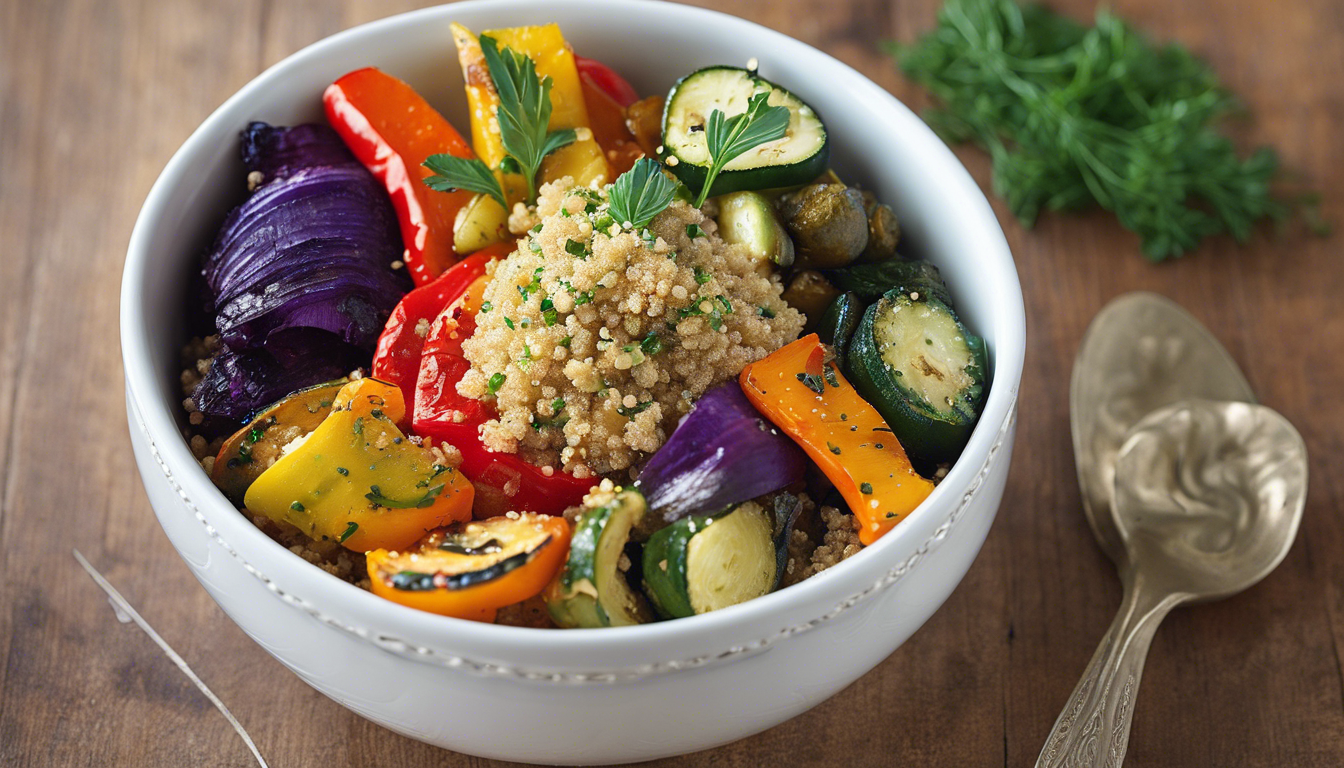
Understanding probiotics and their functions
Imagine your gut as a bustling metropolis, with trillions of microorganisms hustling and bustling around. Among these microscopic denizens are probiotics, the good guys, the superheroes of gut health. Probiotics are live bacteria and yeasts that reside in our digestive system, primarily in the intestines, doing the heavy lifting for our overall well-being.
Their functions are as diverse as they’re critical. One of their main jobs is to maintain a balanced state, a sort of microbial harmony, in our gut. They fend off harmful bacteria by competing for the same resources or space, effectively keeping the bad guys in check. This could not be more important, as an imbalance can lead to diarrhea, infections, and even diseases.
But probiotics don’t just stand guard at the gates of our gut. They are also hard at work inside the walls. They help digest food, particularly certain types of fiber, that our body can’t digest on its own. This process isn’t just about digestion, though. It leads to the production of short-chain fatty acids, which are essential nutrients for our colon cells and have been linked to health benefits like reducing inflammation and helping prevent colon cancer.
Beyond the gut, probiotics impact our body’s overall immune system. By interacting with immune cells and influencing their activity, these friendly bacteria support our body’s defenses against infections. Also, probiotics are involved with producing various vitamins, such as vitamin B12, biotin, and K, which are pivotal for energy, skin health, and blood clotting.
And for the cherry on top, there’s some evidence suggesting that probiotics might even influence our mood. The so-called “gut-brain axis” is a two-way street of communication between the gastrointestinal tract and the brain. Probiotics may play a role in this complex dialogue, potentially alleviating symptoms of depression and anxiety.
Now, with this band of beneficial bacteria in mind, consider about their relevance for someone adopting a gluten-free diet. Those avoiding gluten already navigate a tightrope, balancing their nutritional needs while omitting certain foods. Incorporating probiotics could help them walk this line with more confidence and health benefits in tow.
Benefits of probiotics for gluten-intolerant individuals
For individuals with gluten intolerance, every meal can feel like navigating through a minefield. Gluten, a protein found in wheat, barley, and rye, can mean serious discomfort and health risks for those with celiac disease or non-celiac gluten sensitivity. Removing gluten from the diet is the only effective treatment for these individuals, but it often comes with challenges, such as maintaining a balanced gut microbiome. This is where probiotics can play an important role.
The benefits of probiotics for the gluten-intolerant are manifold. First and foremost, these beneficial microbes can help compensate for the potential loss of beneficial bacteria often witnessed in those on strict gluten-free diets. By replenishing the gut with probiotics, individuals may help restore the equilibrium, which can be disrupted by a limited diet.
There’s also the issue of healing and maintaining the integrity of the intestinal lining. For those with celiac disease, consuming gluten triggers an autoimmune response that damages the lining of the small intestine. This damage can impair nutrient absorption and lead to a host of issues. Probiotics can assist in the healing process by reinforcing the gut barrier, potentially speeding up recovery and preventing future complications.
Moreover, a gluten-free diet can inadvertently lack certain nutrients, leading to deficiencies. Probiotics can directly and indirectly help with this aspect. Certain strains can produce vitamins, such as B and K, which might not be abundant in the gluten-free diet. They also improve the gut environment, which can enhance nutrient absorption from the food that is consumed.
Enhanced immune function is another feather in the probiotics cap. Since the majority of the immune system is located in the gut, a healthy microbiome is key to a strong immune response. Due to the frequent exposure to non-gluten proteins that might trigger an inflammatory response in gluten-sensitive individuals, maintaining that immune support is all the more necessary.
Lastly, as those with gluten intolerance often struggle with digestive symptoms like bloating, constipation, or diarrhea, probiotics can offer relief. By balancing the gut flora and enhancing digestive health, the frequency and severity of these symptoms can be reduced. The psychosocial stress of managing a gluten-free diet also shouldn’t be understated. Incorporating probiotics may help mitigate stress and anxiety, owing to the gut-brain axis’ influence on mood and psychological well-being.
In essence, probiotics may not only help those on gluten-free diets manage their gastrointestinal health but can also contribute to a better quality of life. With the right strains and dosages, probiotics can become a valuable ally in the daily lives of gluten-intolerant individuals.

How to incorporate probiotics into a gluten-free diet
Embarking on a gluten-free lifestyle doesn’t mean resigning to a life of bland meals and limited choices. On the contrary, the right strategy can open up a world of flavor while boosting gut health. Let’s turn our heads toward the probiotics that can thrive in such an environment and how you can invite them to the party.
Start your probiotic journey by scanning the labels of gluten-free fermented foods. These are treasure troves of natural probiotics. The usual suspects include yogurt, kefir, sauerkraut, kimchi, and kombucha. Just make sure they’re certified gluten-free to avoid cross-contamination. Regular consumption of these foods can be a simple way to get your daily dose of probiotics.
Supplements offer a more controlled intake of probiotics. They come in various forms, such as capsules, powders, or liquids, and can be tailored to your specific needs. When choosing a supplement, look for one with a range of probiotic strains, as diversity is key to a robust gut biota. Also, take note of the colony-forming units (CFUs); a higher count typically means more potent support for your gut. Again, ensuring that this product is gluten-free is vital.
But don’t say goodbye to prebiotics – the dietary fibers that feed your friendly gut bacteria. They’re the unsung heroes that encourage the growth and activity of probiotics. Foods high in prebiotics include garlic, onions, bananas, and many root vegetables. Fortunately, these are all naturally gluten-free and can be easily integrated into your meals, acting as a useful adjunct to your probiotic regimen.
When you’ve got your probiotic sources sorted out, timing could be your next consideration. Some evidence suggests that taking probiotics on an empty stomach might enhance their survival rate through the gastrointestinal tract. So, that first glass of kefir in the morning may do more than just wake up your taste buds.
Getting creative in the kitchen can also help. Try your hand at home fermentation; whip up a batch of homemade sauerkraut or start a sourdough culture using gluten-free grains. These projects can be fun and rewarding, offering a more intimate connection with the food you eat and the health benefits you reap.
Finally, consider about sustainability when you weave probiotics into your gluten-free tapestry. Short-term use might offer temporary relief or benefits, but to truly support your gut microbiome, consider long-term incorporation. Building a lifestyle that consistently includes probiotic-rich foods and supplements will promote a healthier you for the long haul.
While there are many ways to integrate probiotics into your gluten-free diet, it boils down to personalized choices that suit your taste, lifestyle, and nutritional needs. Embarking on this journey can lead you to not only a happier gut but also an enriched gluten-free living experience.
Potential challenges and considerations
Navigating a gluten-free diet often requires vigilance and a level of scrutiny that can sometimes be challenging. This is especially true when integrating probiotics into your regimen. Identifying probiotic foods and supplements that are indeed gluten-free especially important, as cross-contamination with gluten-containing grains can occur during the manufacturing process. This reinforces the importance of seeking out products with clear gluten-free certifications.
Another consideration is how your body responds to specific probiotic strains. Not all probiotics are created equal, and what works well for one person may not be as effective for another. It is vital to monitor your body’s reactions and consult with a healthcare provider to find the best match for your unique gut flora. Start with a lower dose of probiotics and gradually increase to give your body time to adjust and to prevent any potential side effects, such as bloating or gas, which can sometimes occur as your gut biome becomes accustomed to the new beneficial bacteria.
Cost can also be a factor when incorporating probiotics into a gluten-free lifestyle. High-quality probiotic foods and supplements can be expensive, and if you require a significant amount to see health benefits, this could impact your budget. It is worth investing in quality products, however, as they are more likely to provide the desired health benefits without compromising your needs for a gluten-free diet.
For those who have a compromised immune system, caution is advised when taking probiotics. While for the majority of people, probiotics are safe and beneficial, individuals with certain health conditions could experience negative effects. It is essential to consult with a healthcare provider before starting any new dietary supplement, especially if you have an underlying health condition or are on immunosuppressive medication.
Finally, while probiotics can offer numerous benefits, they’re not a cure-all. It’s important to maintain a balanced and varied gluten-free diet in addition to taking probiotics. A healthy lifestyle that includes regular physical activity, adequate sleep, and stress management techniques will go hand in hand with dietary choices to support overall well-being.
Every individual’s gut microbiome is as unique as their fingerprint, and fine-tuning the integration of probiotics into a gluten-free diet can require some trial and error. It’s worth the effort, though, as the potential benefits for digestive and overall health can be substantial. With careful consideration and perhaps a bit of patience, you can find the balance that works best for you and your gluten-free lifestyle.